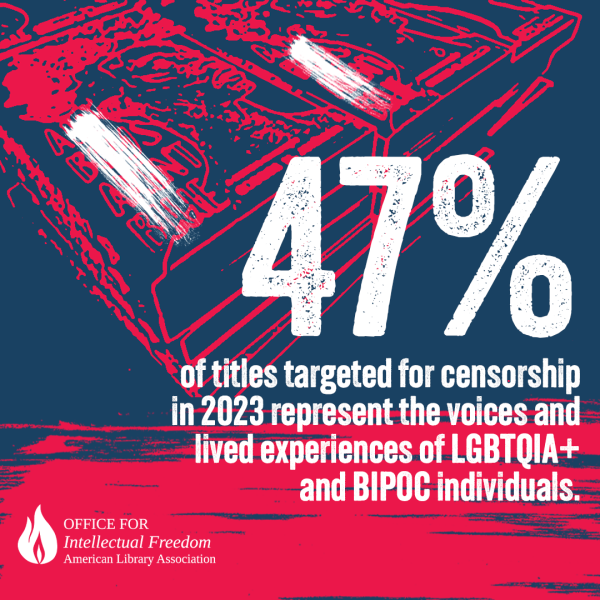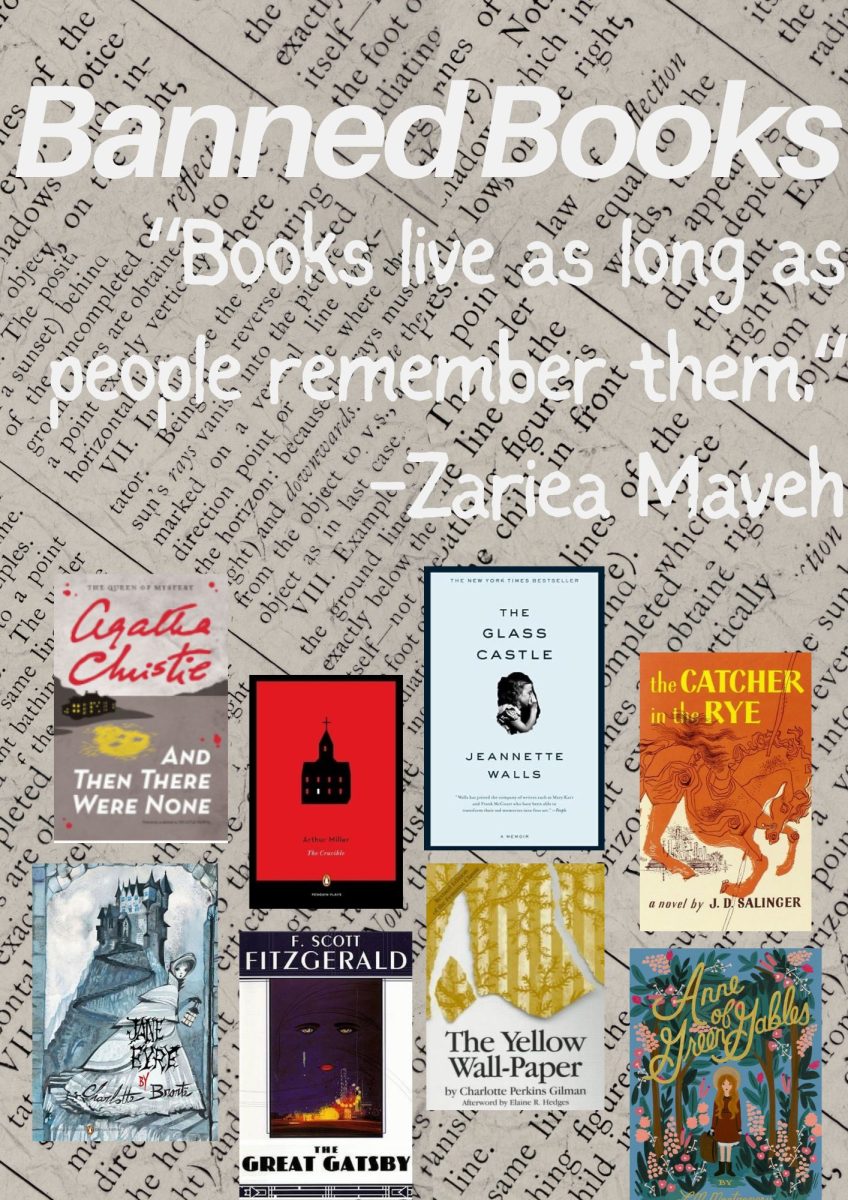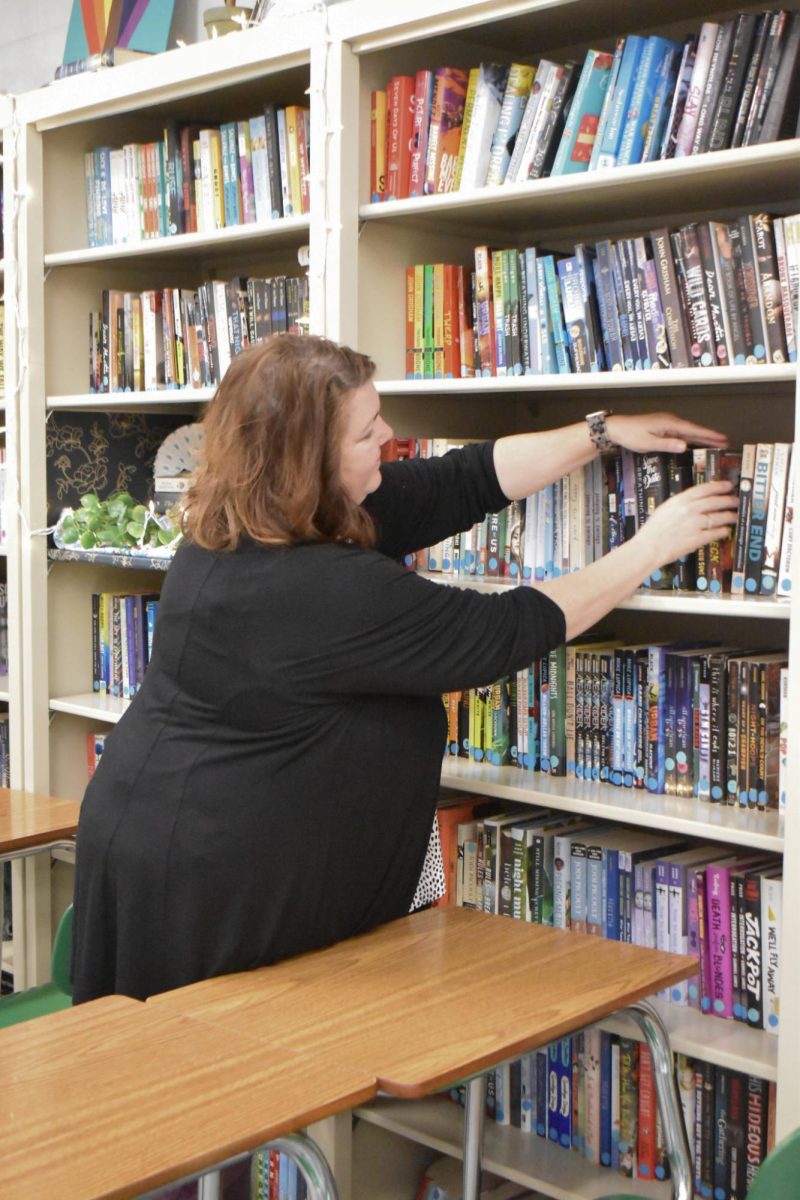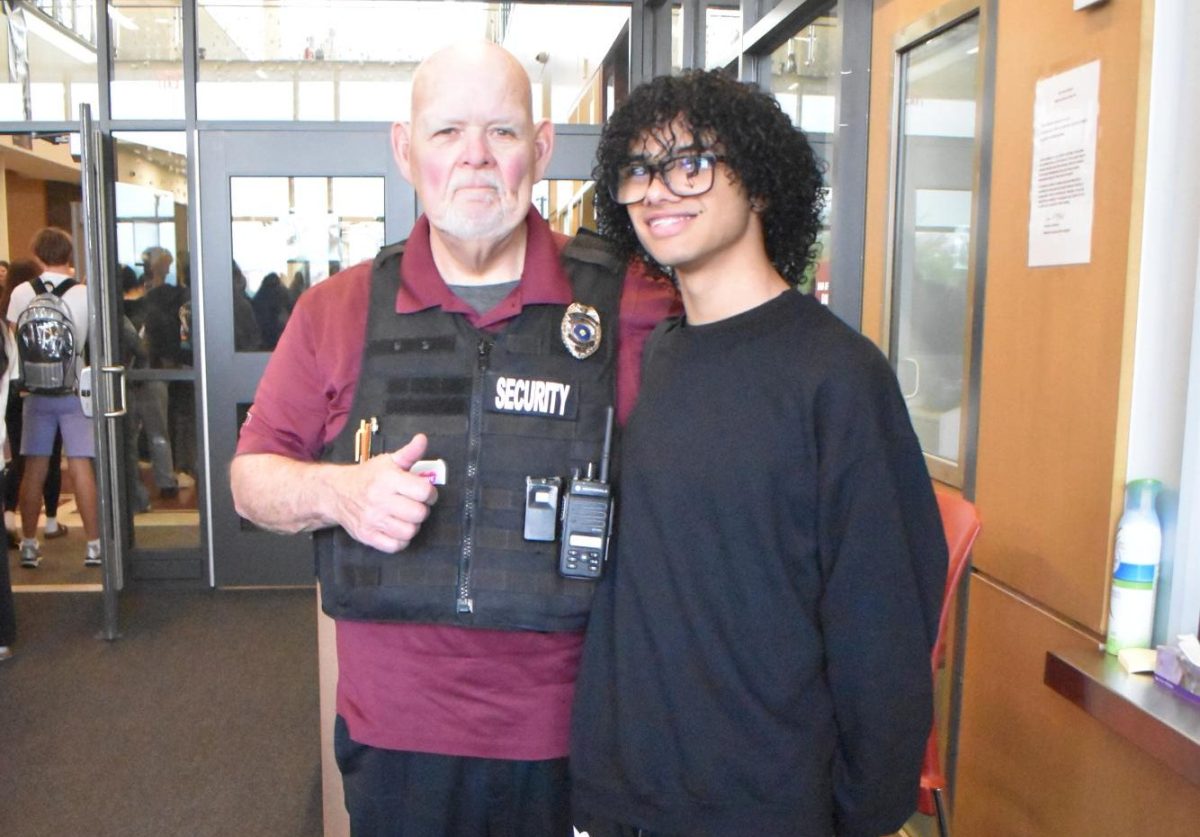The story begins in 1637. Thomas Morton has just written “The New English Canaan.” The Puritan government quickly deemed the novel to be, “a harsh and heretical critique of Puritan customs and power structures.” Because of these reasons, the novel was quickly banned in Massachusetts.
The story begins in Massachusetts. But it doesn’t end there.
The United States has a long history of banning novels. The reasoning becomes more bizarre with each book being deliberated.
Shakespearean plays have been banned due to their discussion of, “sex, profane language and humor, antisemitism and suicide.” Maya Angelou’s memoir, “I Know Why the Caged Bird Sings” has been banned due to, “themes of rape, same-sex relationships, teenage pregnancy and race relations.” The Harry Potter series has been banned due to, “use of magic, witchcraft and the occult.”
These are all novels published before the year 2000, but novels of recent years have suffered the same fate. “Gender Queer: A Memoir” by Maia Kobabe was banned after its publication in 2019. The year a novel is published is irrelevant. The controversy it brings to light makes sure no novel is safe from potential bans.
Librarian Tanya Lucas believes banning books is tied to “historical events and cultural shifts.”
“Censorship often occurs in reaction to periods of rapid societal change,where literature becomes a battleground for conflicting values,” Lucas said. “For example, the Civil Rights Movement led to challenges against books discussing race and systemic injustice, such as Harper Lee’s ‘To Kill a Mockingbird.’”
According to PEN America, during the 202324 school year, there were 10,046 recorded instances of book bans in the United States.
According to the American Library Association (ALA), “Between January 1 and August 31, 2024, ALA’s Office for Intellectual Freedom tracked 414 attempts to censor library materials and services. In those cases, 1,128 unique titles were challenged. In the same reporting period last year, ALA tracked 695 attempts with 1,915 unique titles challenged. Though the number of reports to date has declined in 2024, the number of documented attempts to censor books continues to far exceed the numbers prior to 2020.”
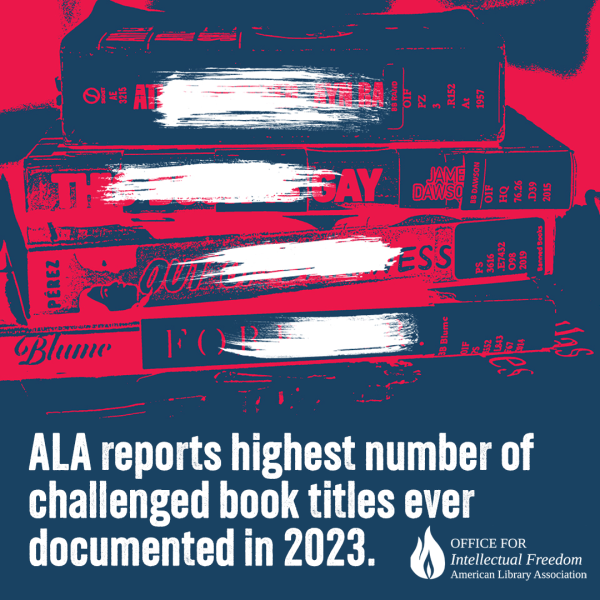
In recent years, banned books have become an increasingly popular debate on social media platforms such as TikTok and Instagram.
Lucas believes social media has had an impact on the conversation of banning books.
“Social media has turned book challenges from small local disputes into big, public debates over cultural values,” Lucas said. “This has led to more frequent challenges, but, in response, it also has led to stronger efforts to defend free expression and promote diverse stories.”
Bookstagrammer Addison Blakely (@wellread.badbehaved) believes social media makes people “aware of the push to ban certain books.”
“Social media really gets the word out about [banning books], but at the same time I think social media can make it difficult to differentiate what is true and what isn’t,” Blakely said. “Sometimes I’ll listen to a video of someone saying something, and, once I do more research, I’ll find that it isn’t true. I think media has a positive and negative impact on the debate about banned books.”
Bookstagrammer Zariea Maveh (@fantasybookquet) is against the idea of banning books.
“Books live as long as people remember them,” Maveh said. “It makes zero sense to ban books when there are so many other movies where things are explicitly stated, so banning books is just outrageous.”
Pennsylvania had 52 attempts to restrict access to certain books in 2023. Within these 52 attempts, there were 218 titles challenged. Comparatively, in 2014, there were 15 attempts to restrict access to certain books and 15 titles challenged in Pa..
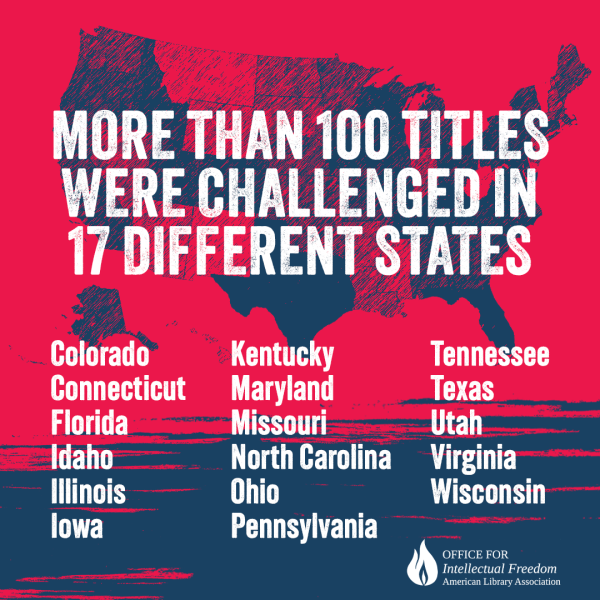
“We have not had any books challenged,” Lucas said. “We have a school board policy if a challenge should arise.”
In the Altoona Area School District, there is a request form in place, should someone wish to have novels available to students reconsidered.
Blakely hopes others realize the negative impact banning books has.
“I hope we can all join together and speak out about how truly unethical and awful banning books is,” Blakely said.
